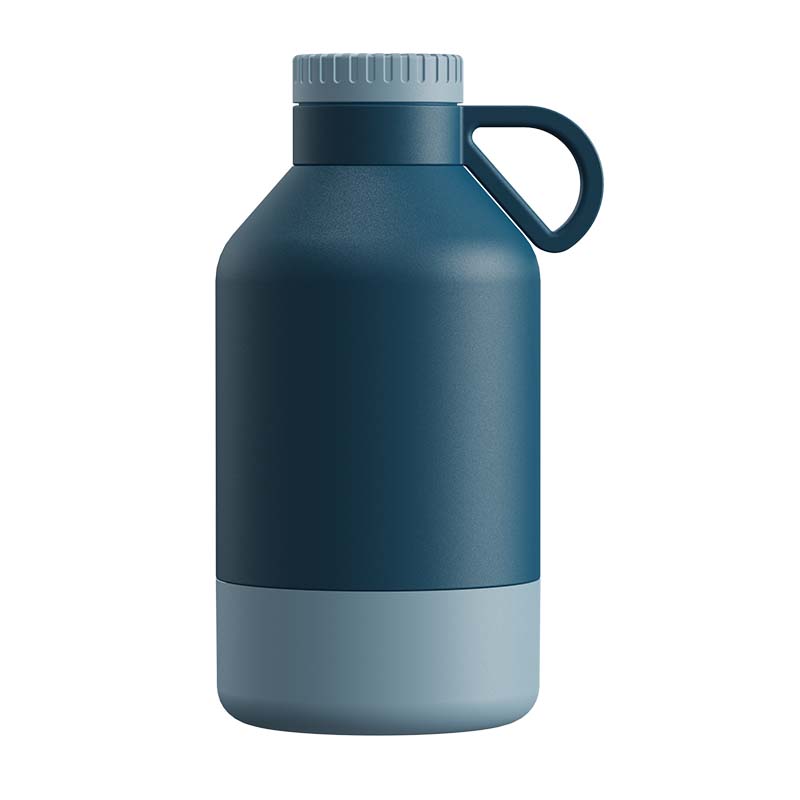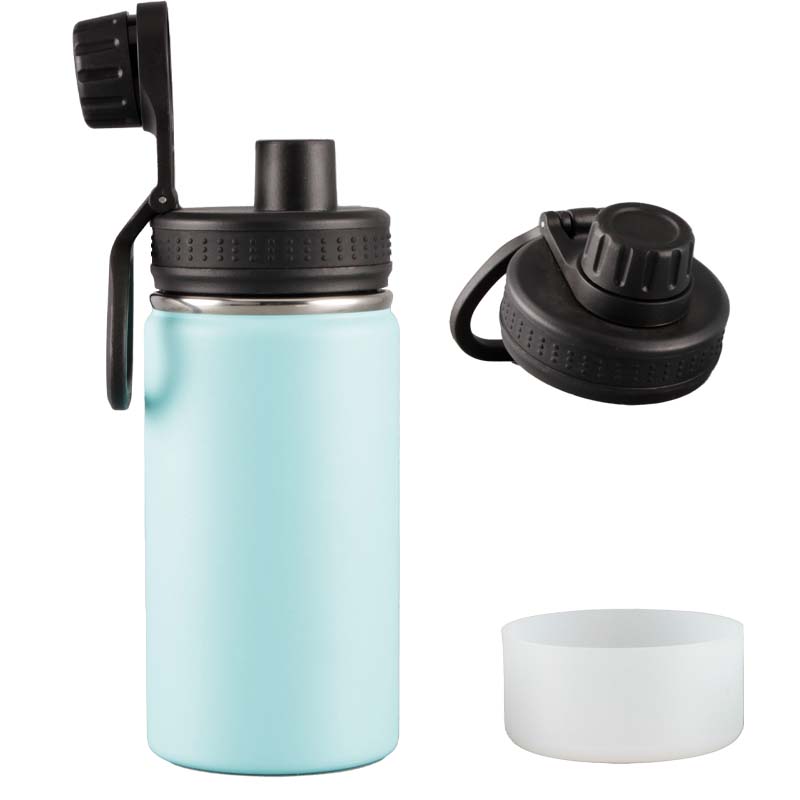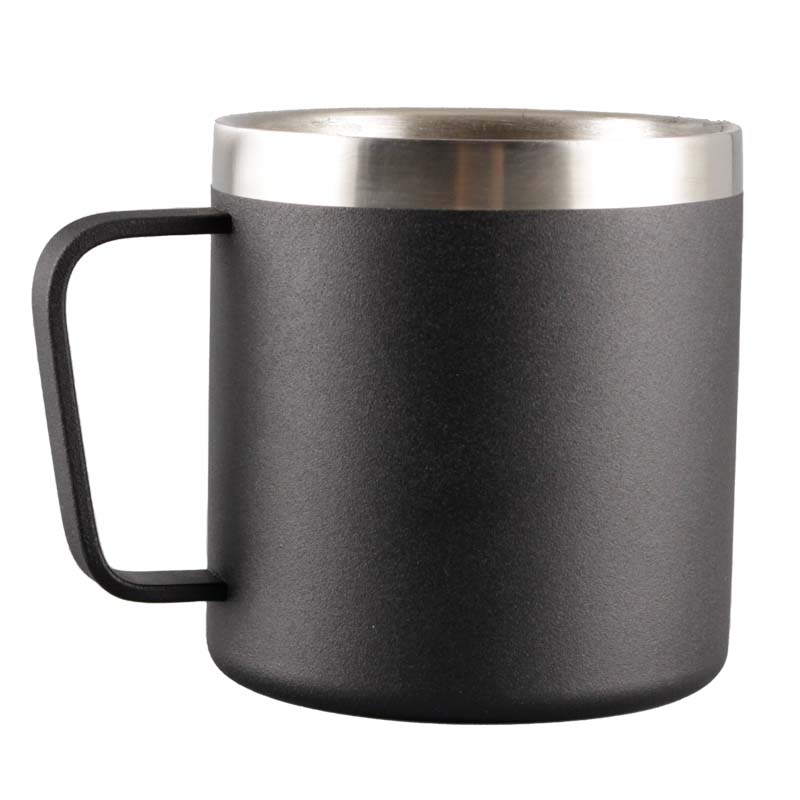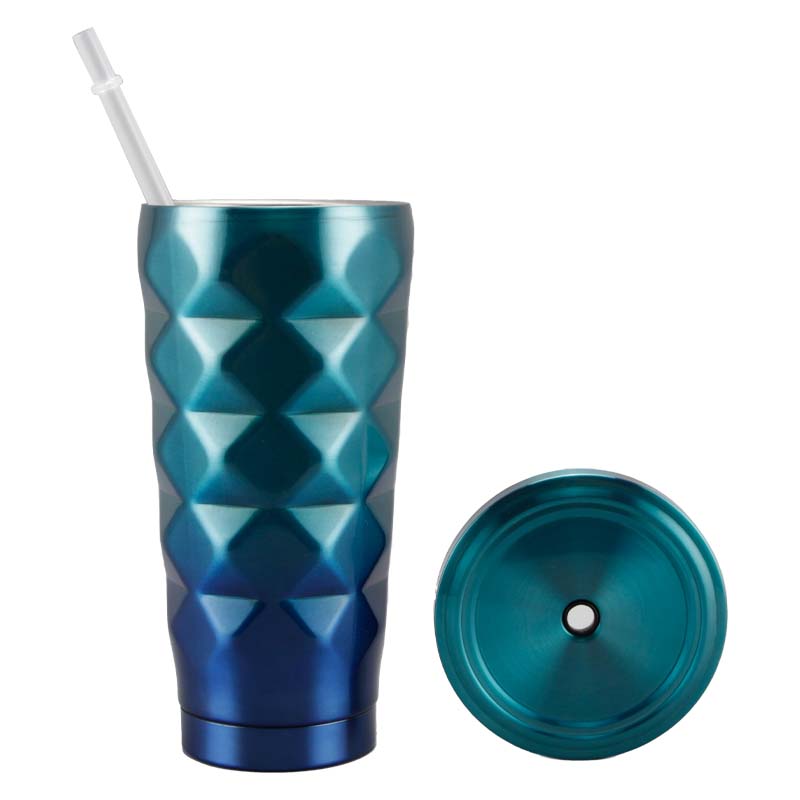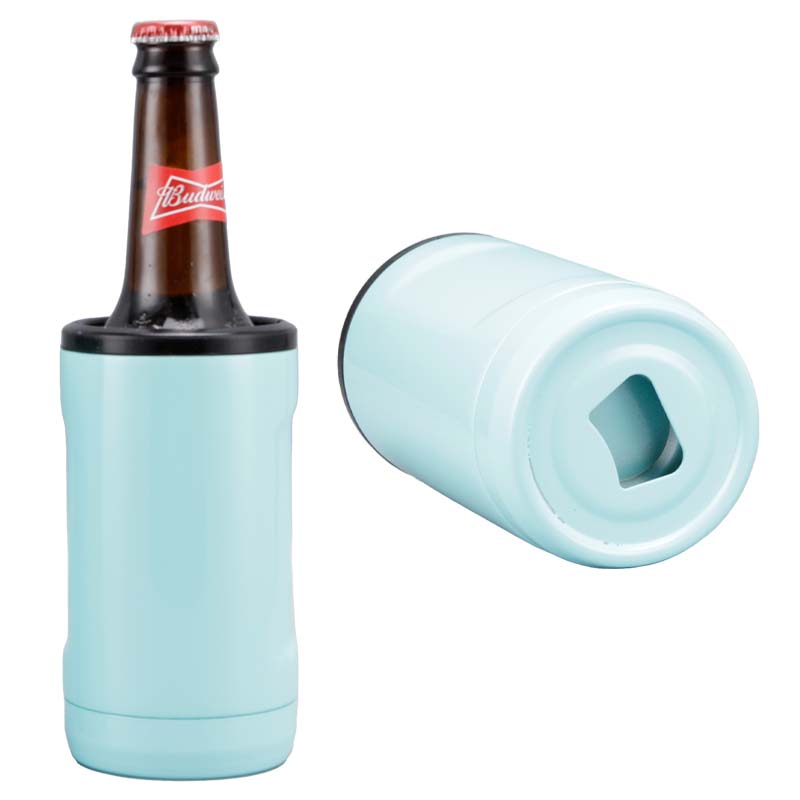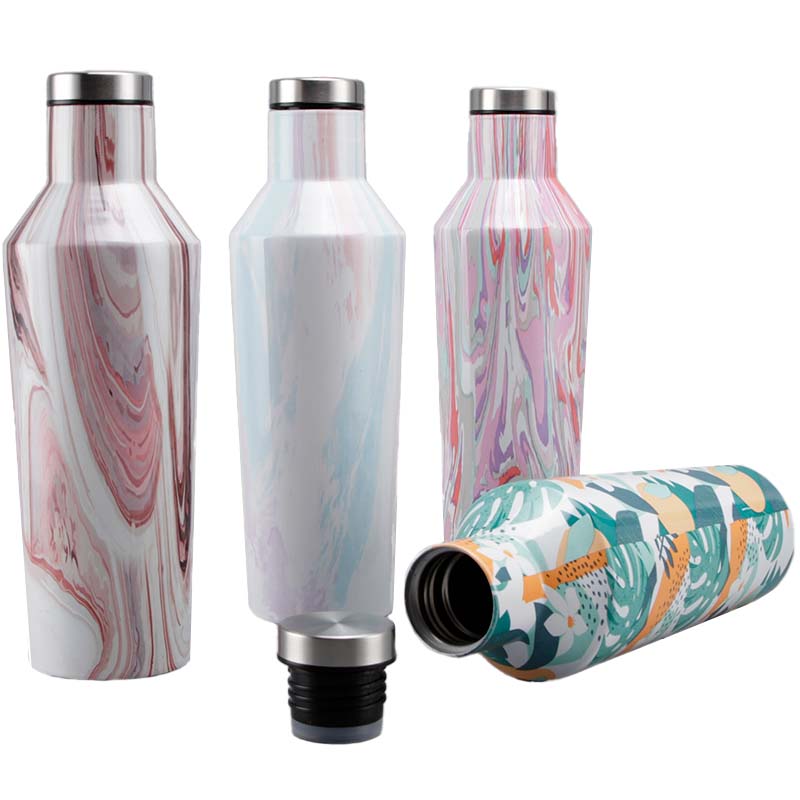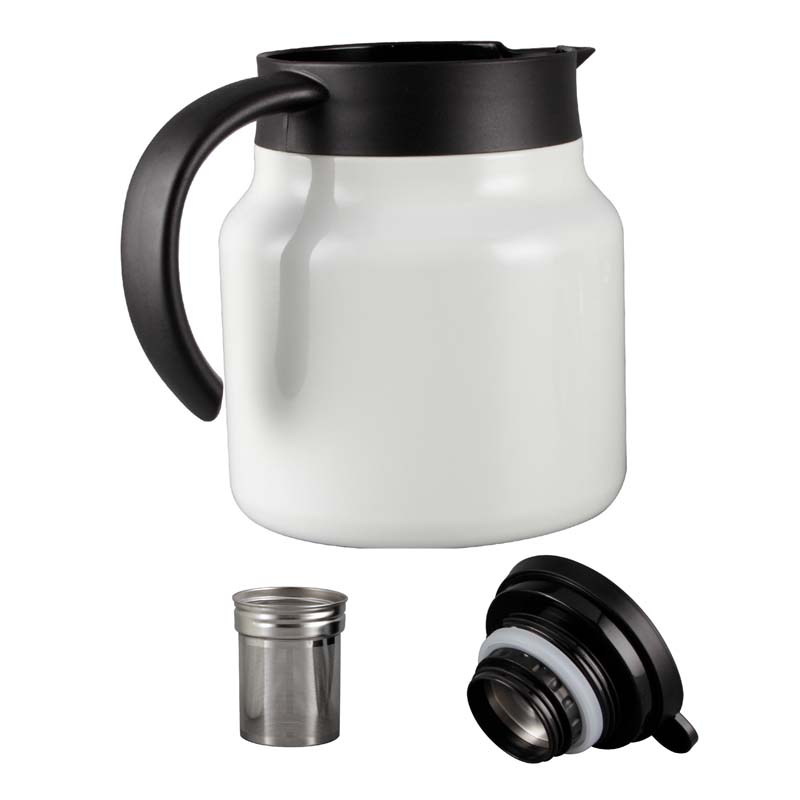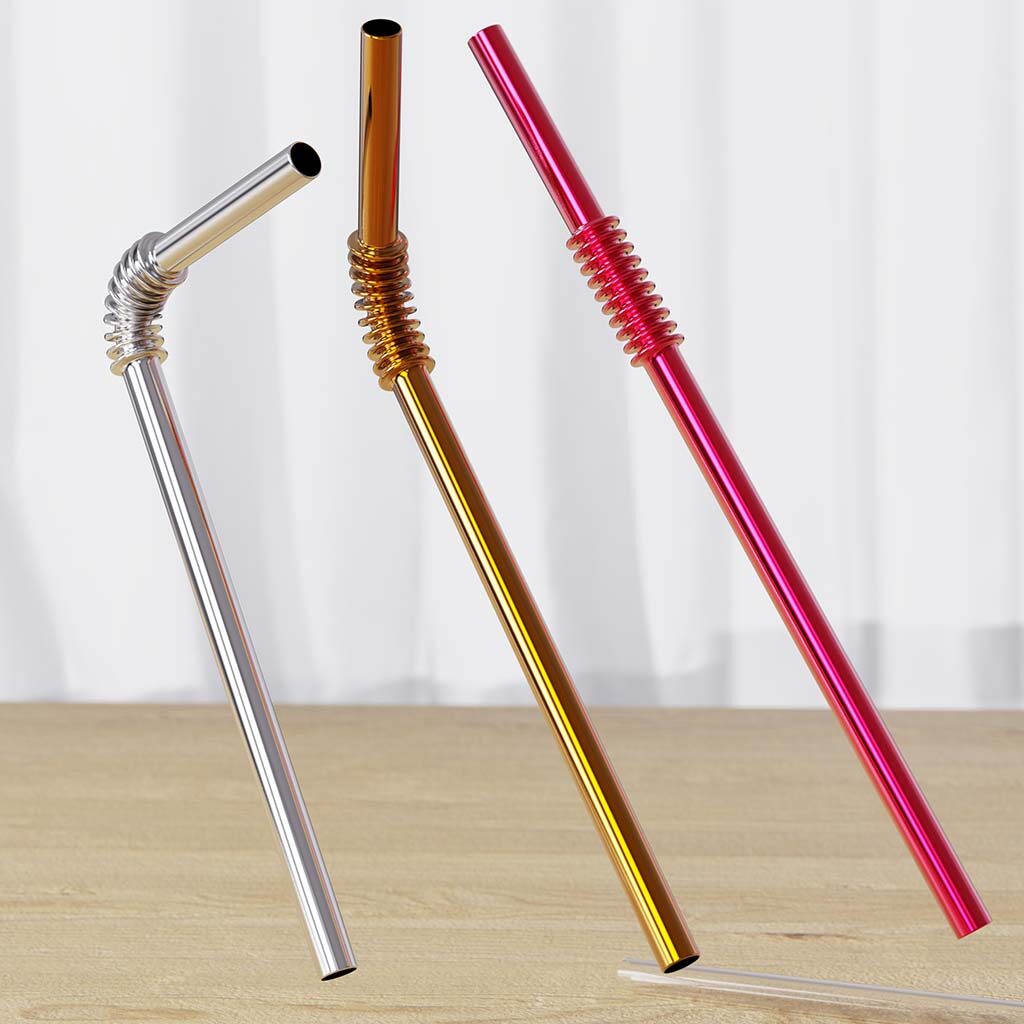There are several environmentally friendly materials commonly used to make water bottles:
Stainless steel: Stainless steel water bottles are durable, reusable, and can keep drinks hot or cold for hours. They are also easy to clean and do not retain flavors or odors.
Glass: Glass water bottles are non-toxic, non-leaching, and do not retain flavors or odors. They are also easy to clean and can be recycled.
Bamboo: Bamboo water bottles are made from sustainable bamboo, which is a renewable resource. They are lightweight, durable, and biodegradable.
Silicone: Silicone water bottles are lightweight, flexible, and durable. They are also easy to clean and can be rolled up or flattened for easy storage.
Plant-based plastics: Plant-based plastics are made from renewable resources such as cornstarch, sugarcane, or potato starch. They are biodegradable and can be recycled.
Aluminum: Aluminum water bottles are lightweight, durable, and recyclable. They are also a good alternative to plastic water bottles, as they can be reused over and over again.
It’s worth noting that some of these materials may still have a carbon footprint associated with their production, so it’s important to consider the entire lifecycle of the product when choosing an environmentally friendly water bottle.

